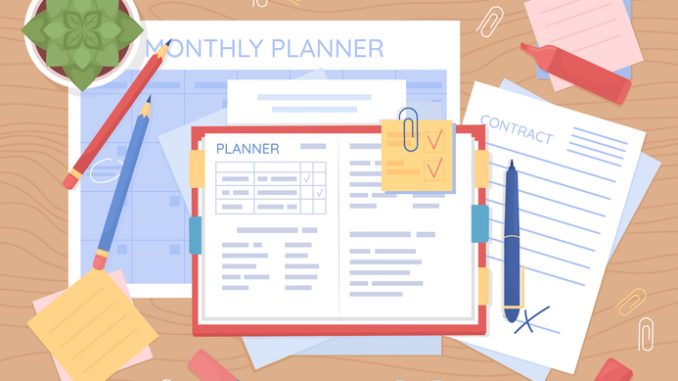
You’re the one that takes the notes, knows where everything is and always has a spare pen on hand. But is your organisation ensuring that people see you as the ‘fixer’ for everything?
As a practice manager in a busy GP setting, you’re the one who always knows where everything is. You have the schedule memorised, can find that elusive document at a moment’s notice and always have a spare pen on hand. Your organisational skills are second to none, and your ability to keep the practice running smoothly is nothing short of impressive.
But here’s the thing: Sometimes, being overly organised can work against you.
Can You Be Too Organised?
Yes, it’s possible! Always having everything on hand and being ready for any situation can create unnecessary clutter – both physically and mentally. By being the perpetual go-to person, you might inadvertently foster a sense of dependency among your colleagues, clinical staff and admin team. Is it really your job to have every single spare item “just in case”? How often does anyone really need that obscure cable in your drawer, or the long-forgotten spare stapler?
Taking a Step Back: Less Is More
It’s time to rethink your role and streamline your approach. This doesn’t mean abandoning your organisational skills or leaving your team to fend for themselves. Instead, it’s about being smarter with your time and resources. Ask yourself: Are you holding onto items or taking on tasks simply because you’ve always done it that way?
It’s okay to let go of things that aren’t truly necessary. Freeing up your physical and mental space will not only make you more efficient but also empower your team to take ownership of their responsibilities. Encourage everyone to be more proactive and resourceful – it’s okay if they have to find their own pens occasionally!
Lead by Letting Go
Changing how you lead doesn’t mean stepping back from your responsibilities. It means giving your team the space to step up and develop their own problem-solving skills. This shift doesn’t just improve your own productivity; it fosters a more empowered, confident team that can manage tasks independently.
By letting go of the “fixer” identity, you’re not just lightening your own load – you’re encouraging a culture of shared responsibility. Everyone becomes more accountable, more resourceful and yes, more likely to bring their own stationery to meetings. In the long run, you’ll not only feel less burdened but will also cultivate a practice environment where everyone plays an active role in keeping things running smoothly.



Be the first to comment